Though experimentation is still king in most chemists’ minds, computational chemistry has the potential to transform the field.
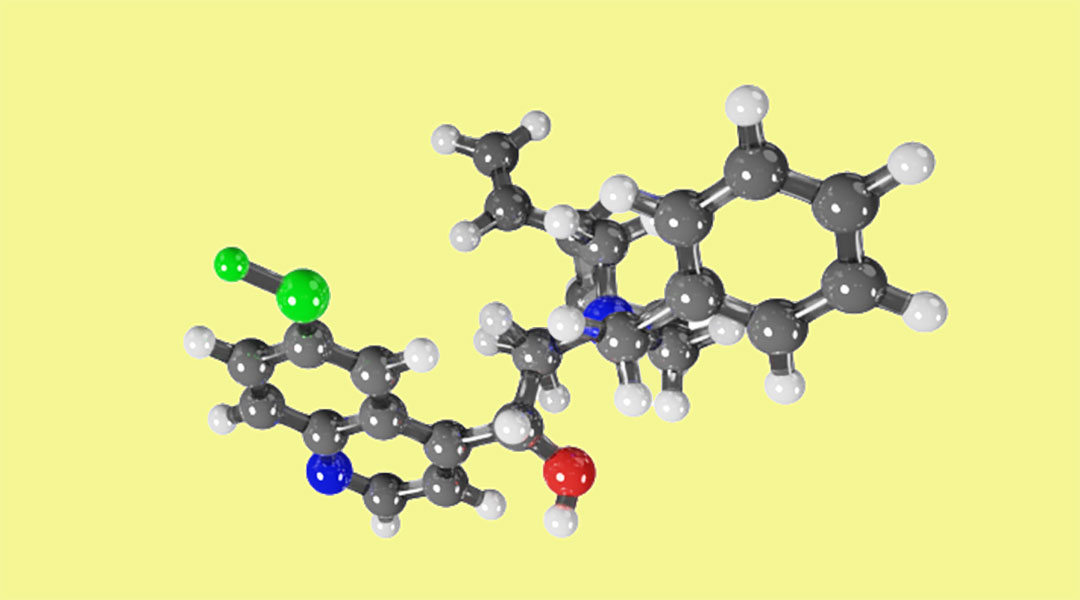

Though experimentation is still king in most chemists’ minds, computational chemistry has the potential to transform the field.
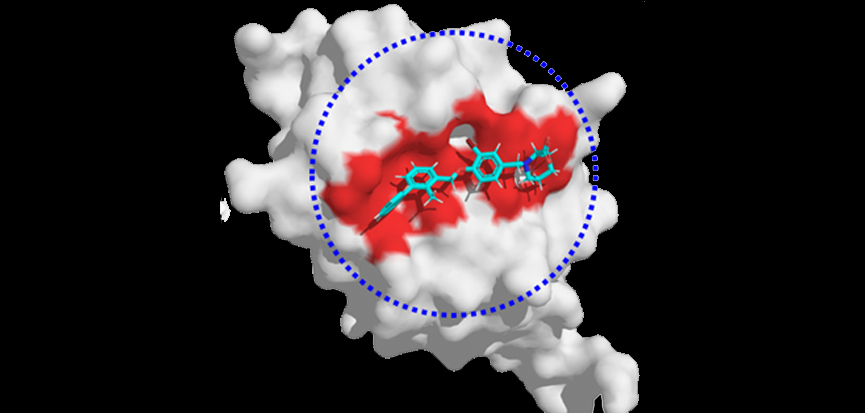
Artificial intelligence and machine learning are playing increasing roles in drug discovery, potentially saving significant time and money.
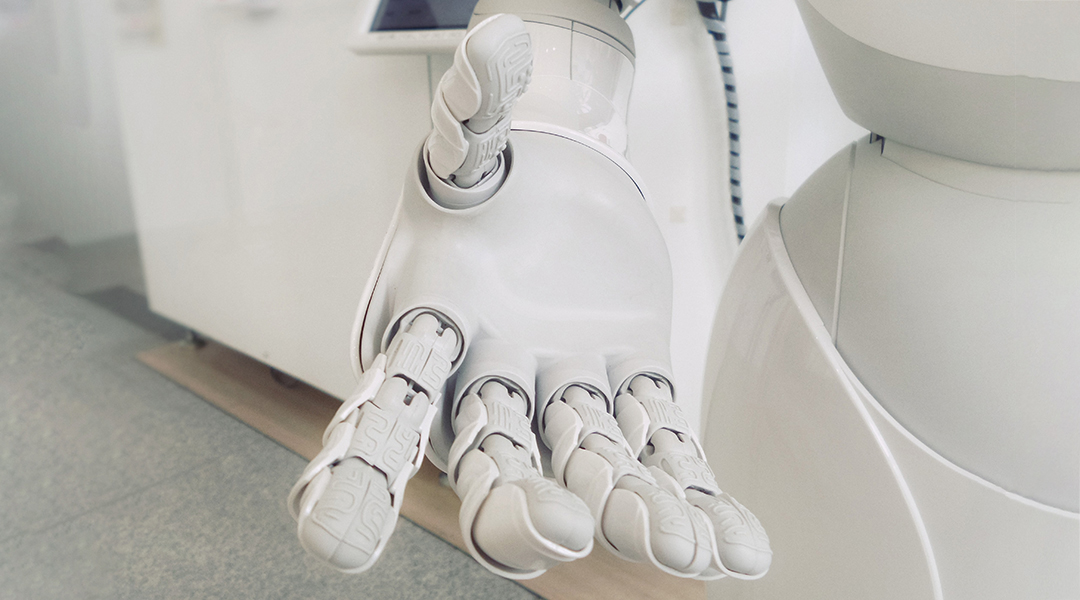
The benefits and controversies around AI are clear, but by drawing on current experiences, we can establish an order that ensures AI does not become a threat but a very useful aid.

Computer-aided drug discovery looks to neural networks that can better predict chemical properties to streamline the search for new therapeutics.

A new simulation technique accelerates modeling to help us better understand complex molecular processes and facilitate rational drug design.
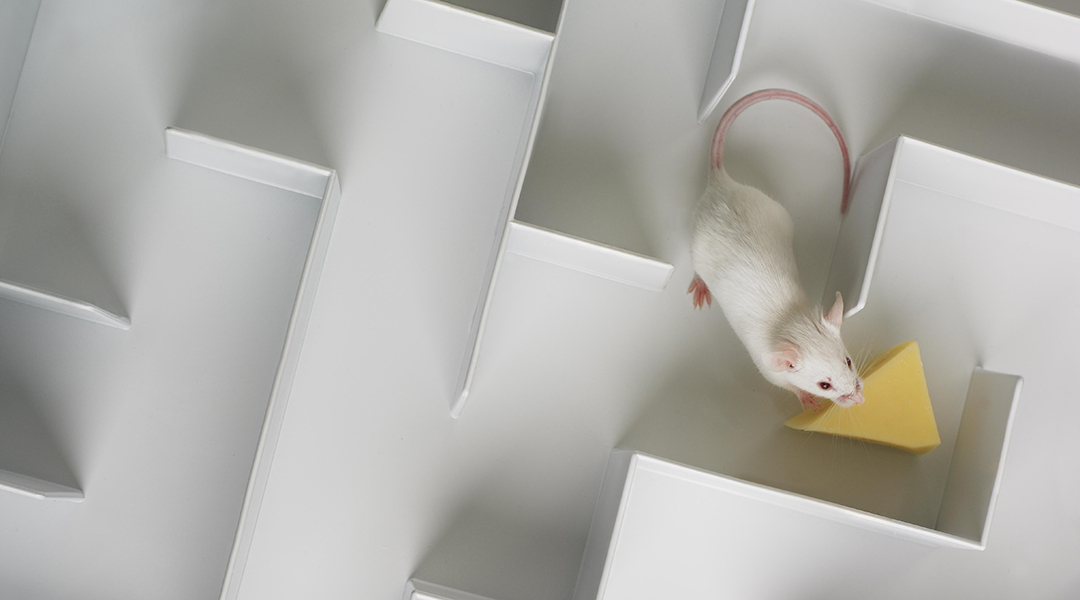
Replacing animal testing with the ever-growing capabilities of AI and deep learning could help minimize the need for animals in scientific discovery.
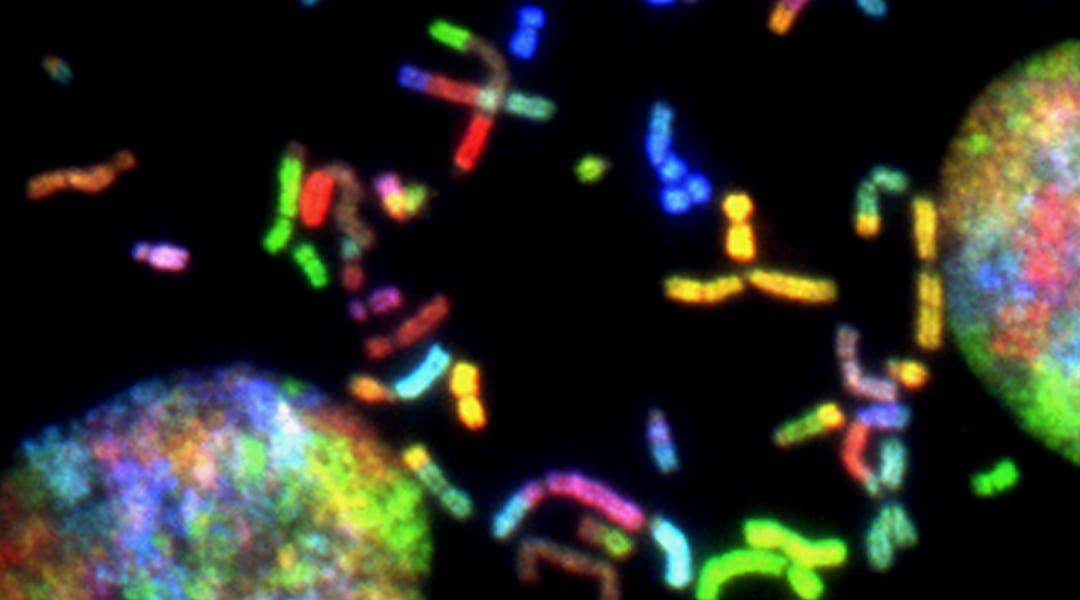
A new computational technique allows researchers to model biological processes with better accuracy and at a lower computational cost.

Computational chemistry is key to understanding the unusual properties of eumelanin.

Computer simulations provide a better means of optimizing, predicting, and understanding experimental observations in the search for new battery materials.
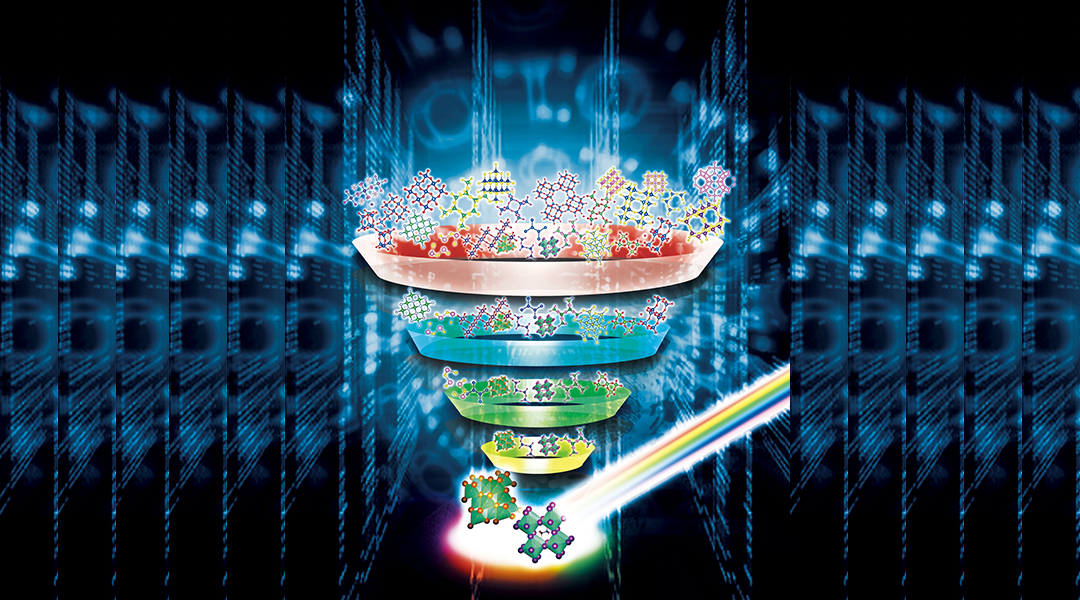
High-throughput computational materials screening is turning out to be an efficient highway to optoelectronic semiconductor design.